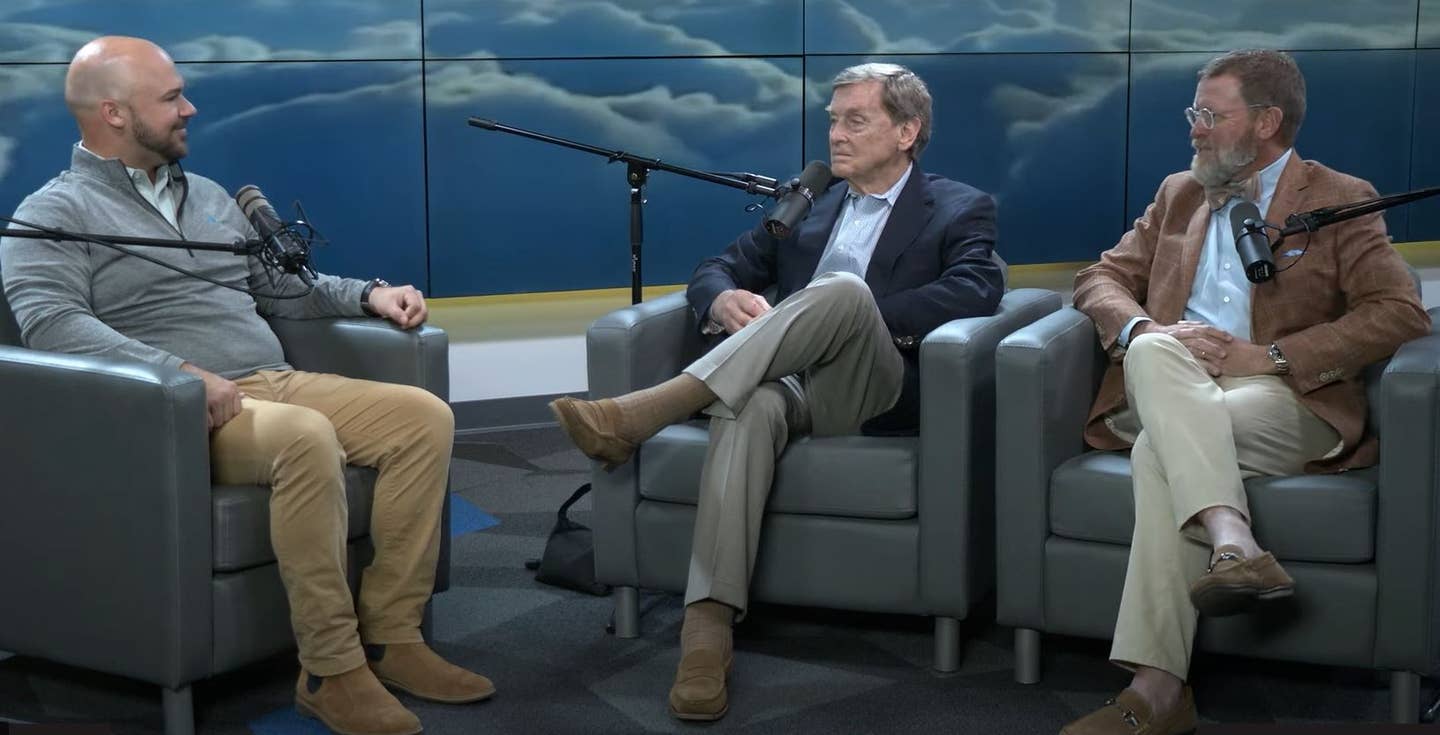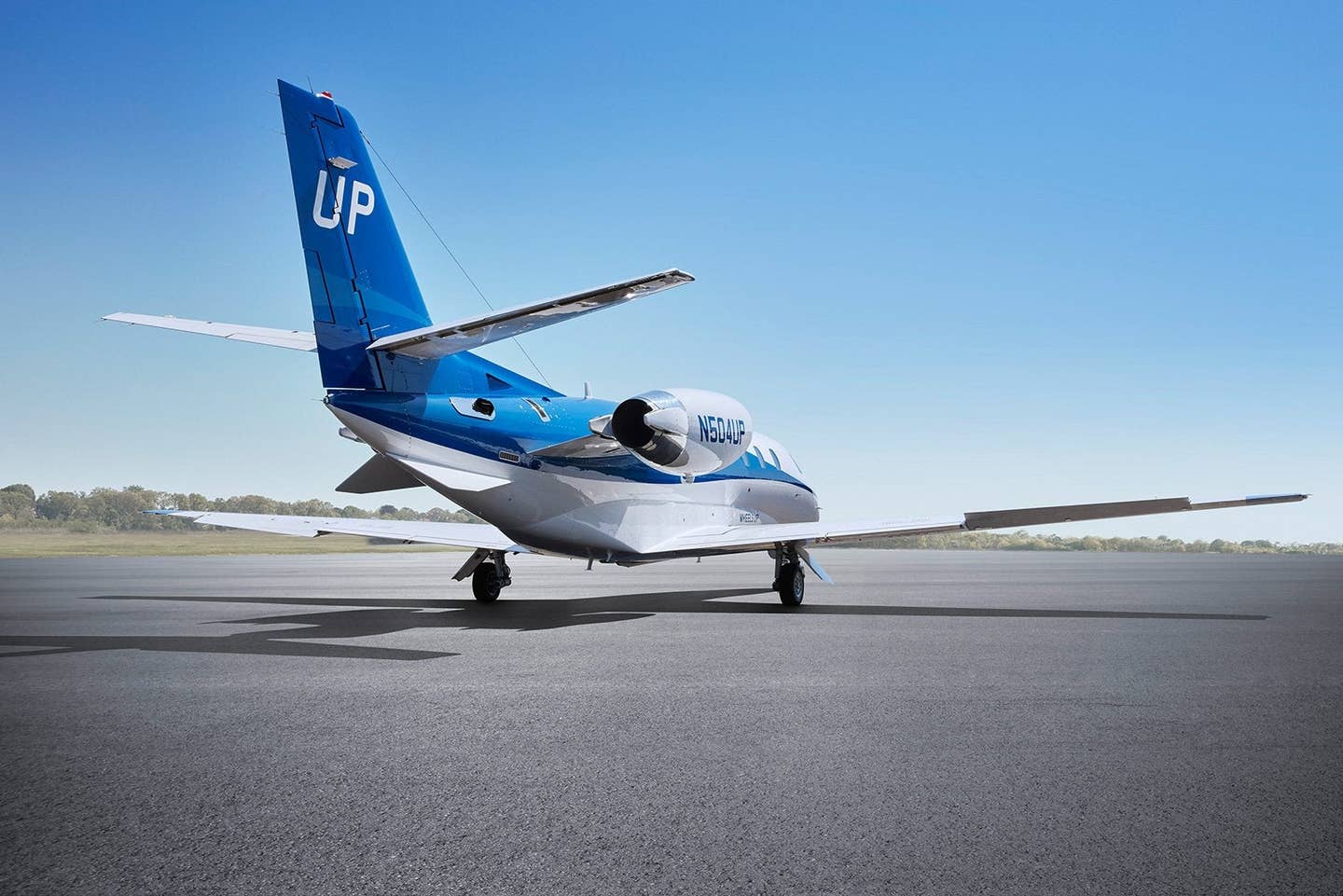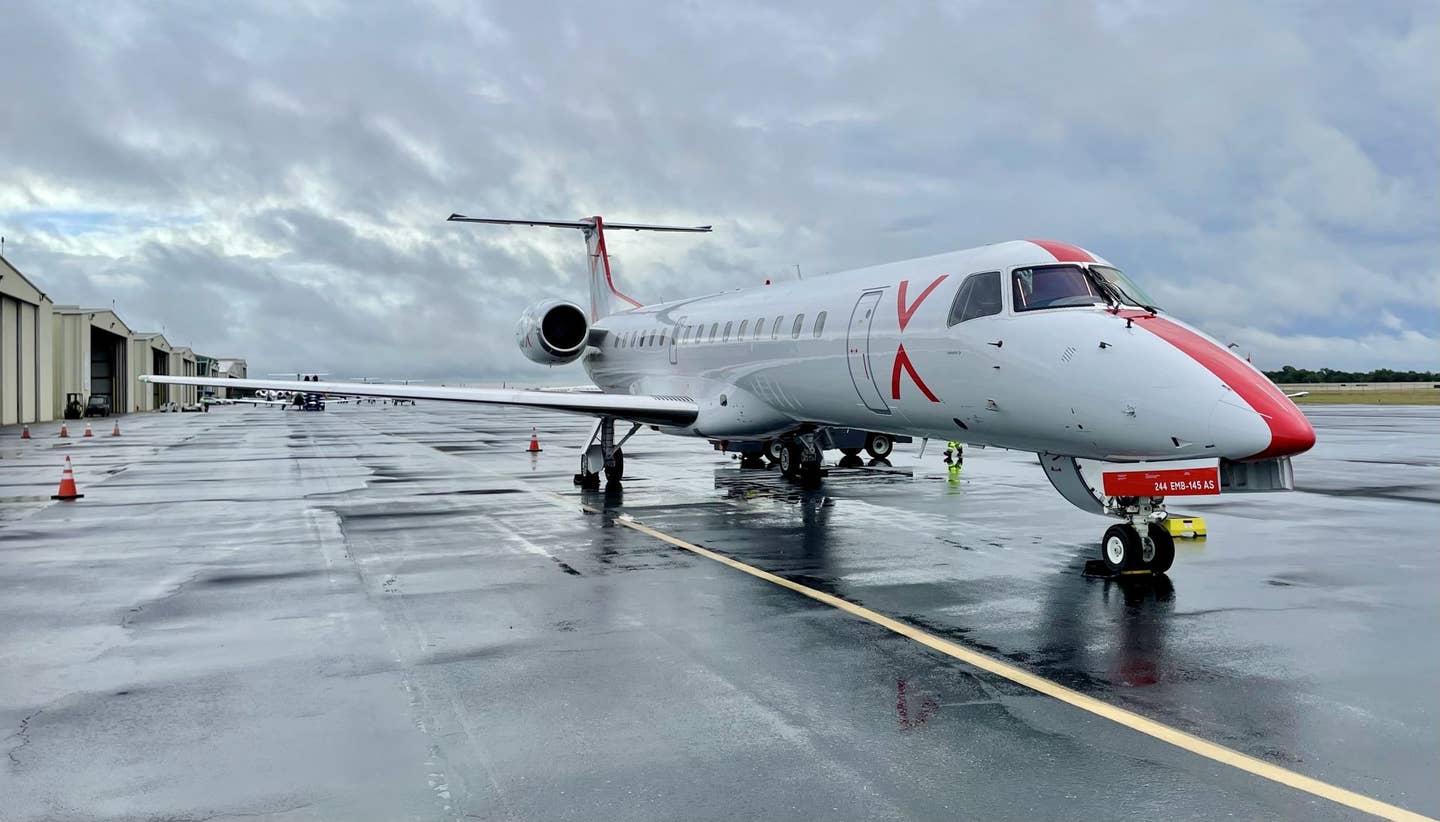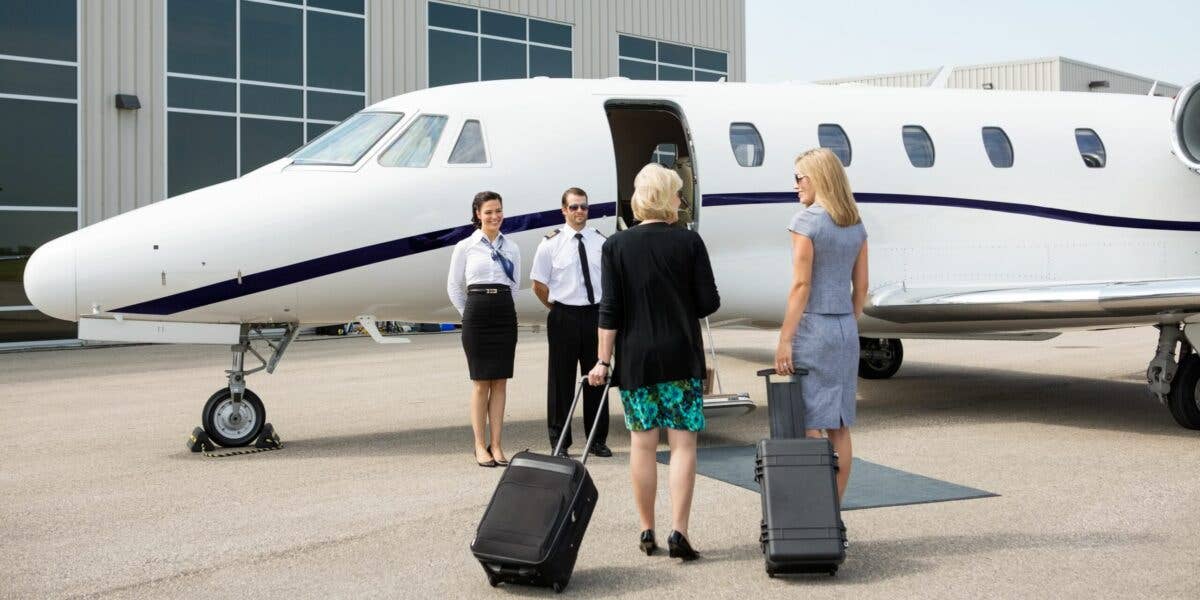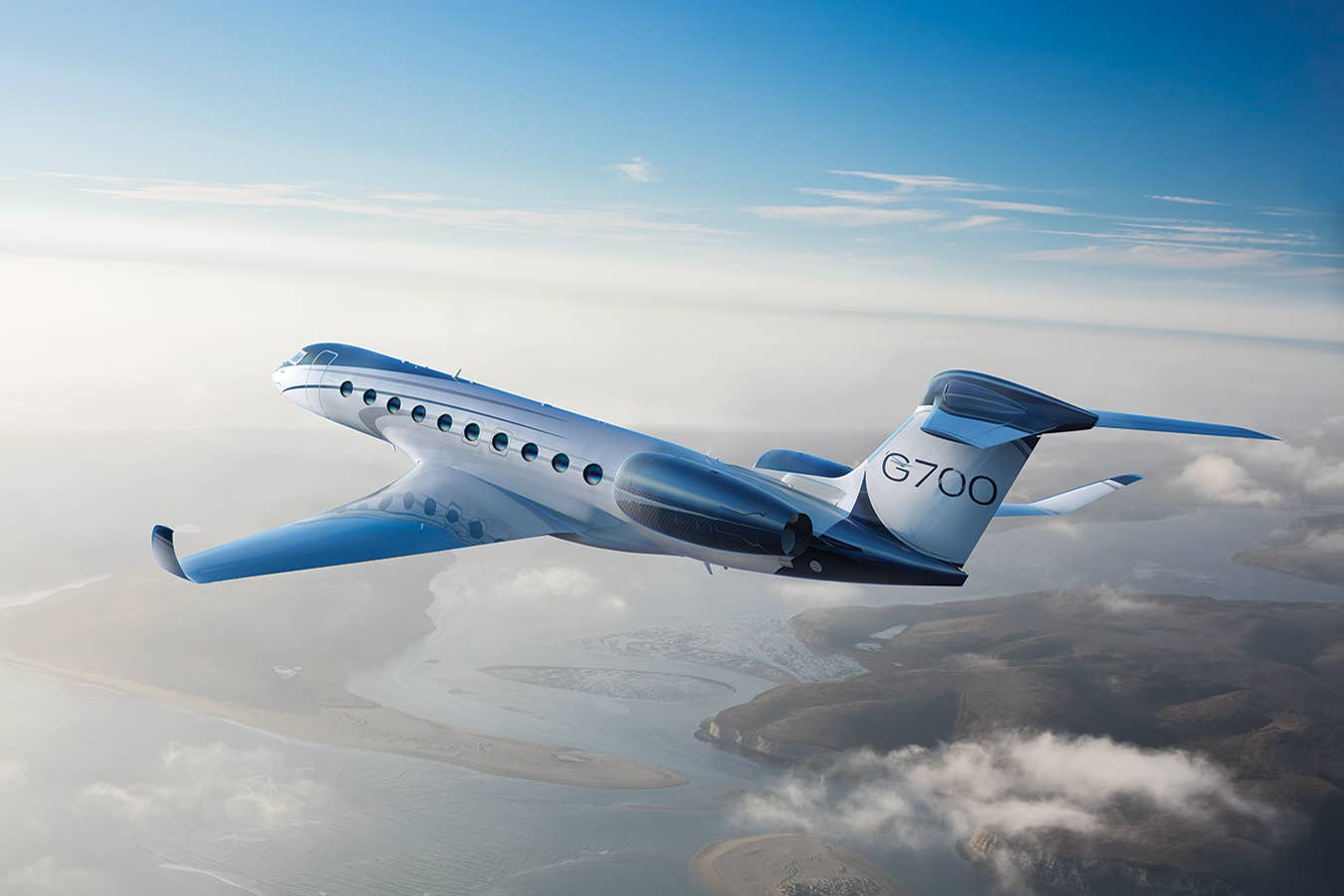Business Aviation Leaders Meet With Senators To Discuss Future Technologies
The group helps senators focus on safety, workforce, and other priorities ahead of the FAA’s 2023 reauthorization.
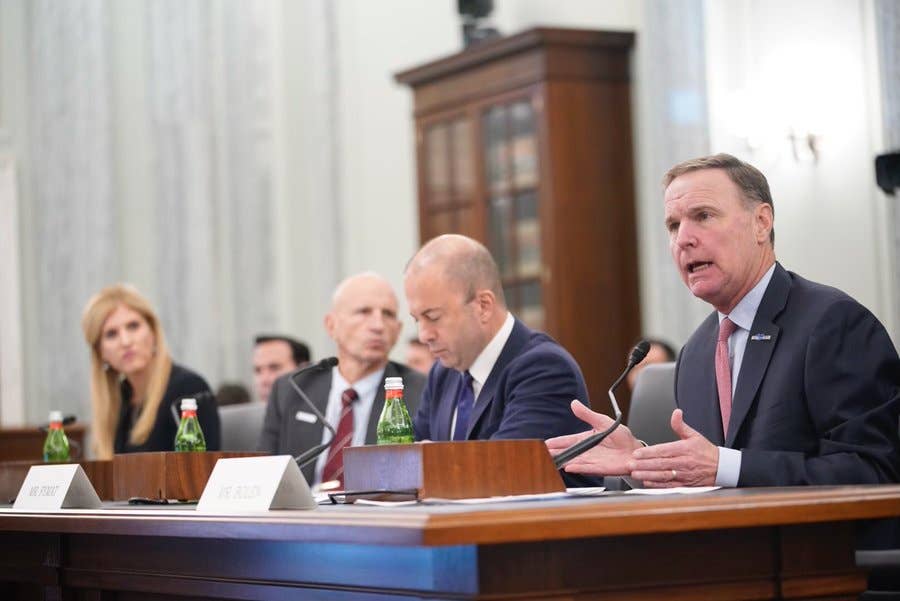
NBAA president and CEO Ed Bolen outlined the business aviation case for advanced air mobility, including policies that his organization thought supported integrating those new technologies. [Courtesy: NBAA]
A group of aviation business leaders testified before a U.S. Senate Subcommittee on Aviation Safety, Operations, and Innovation yesterday, in which the group provided the lawmakers with critical updates about the progress of introducing new technologies into the national airspace system. Wednesday's hearing, dubbed the "FAA Reauthorization: Integrating New Entrants into the National Airspace System," was the first in a series of future discussions that focus on the 2023 reauthorization of the FAA and related matters related.
The 2023 reauthorization provides funding and authority for a range of years after last being signed in 2018. At the time, the bill provided the FAA with $97 million in funding until September 30, 2023. It included significant legal amendments and considerations for safely integrating unmanned aerial systems into the airspace, speeding up funding for airport projects, supersonic travel policies, aircraft noise, and the transport of lithium batteries.
Business Leaders Weigh In
In the subcommittee session on Wednesday, lawmakers wanted to focus on the fast-growing advanced air mobility (AAM) sector that features a range of new eVTOLS and UAS operators with various business models. Moreover, the senate group honed on the certification process, workforce pipeline, and infrastructure needed to support adding those new aerial vehicles to the national airspace. There were testimonies from the Commercial Drone Alliance, the FAA Center of Excellence for Unmanned Aircraft Systems (ASSURE), Honeywell Aerospace, and the National Business Aviation Association (NBAA).
Eviation's Electric Milestone
It was a particularly timely moment for Eviation president Gregory Davis, whose company just the day before demonstrated Alice, its fully electric aircraft, for the first time. In a prepared statement shared with the senate subcommittee, Davis said his company's goal is to show people what affordable, clean, and sustainable aviation looks and sounds like for the first time in a fixed-wing, all-electric aircraft. Moreover, he urged lawmakers to work with other foreign regulators, such as the European Union Aviation Safety Agency (EASA), to fast-track the electric aircraft subsector.
NBAA’s Bolen: 'A Crucial Time'
Also present was NBAA president and CEO Ed Bolen, who outlined the business aviation case for advanced air mobility, including policies that his organization thought supported integrating those new technologies. In February, Bolen told FLYING, "Business aviation has always been about on-demand air mobility," and that supporting these new technologies would be one of NBAA's priorities for the year.
Before the senator on Wednesday, Bolen explained how the new AAM sector, with the proper monetary and regulatory support, would result in job creation and growing the economy, including other benefits like security, accessibility, and sustainability.
"With the current authorization of the Federal Aviation Administration (FAA) expiring a little more than a year from today, this hearing comes at a crucial time," Bolen said. With many eVTOL startups promising to have their new vehicles available for commercial flight by 2024, Bolen told lawmakers that the FAA needed to "keep pace with its promised regulatory schedule so that the first AAM commercial operations can occur as soon as 2024." Citing a Deloitte study, he said the AAM market in the U.S. will generate $115 billion annually by 2035 and create more than 280,000 high-paying jobs.

Subscribe to Our Newsletter
Get the latest FLYING stories delivered directly to your inbox


